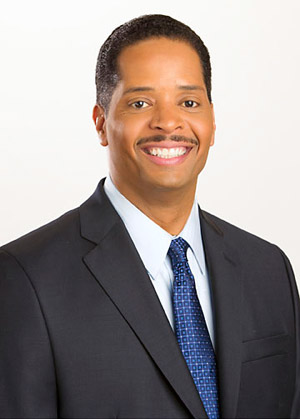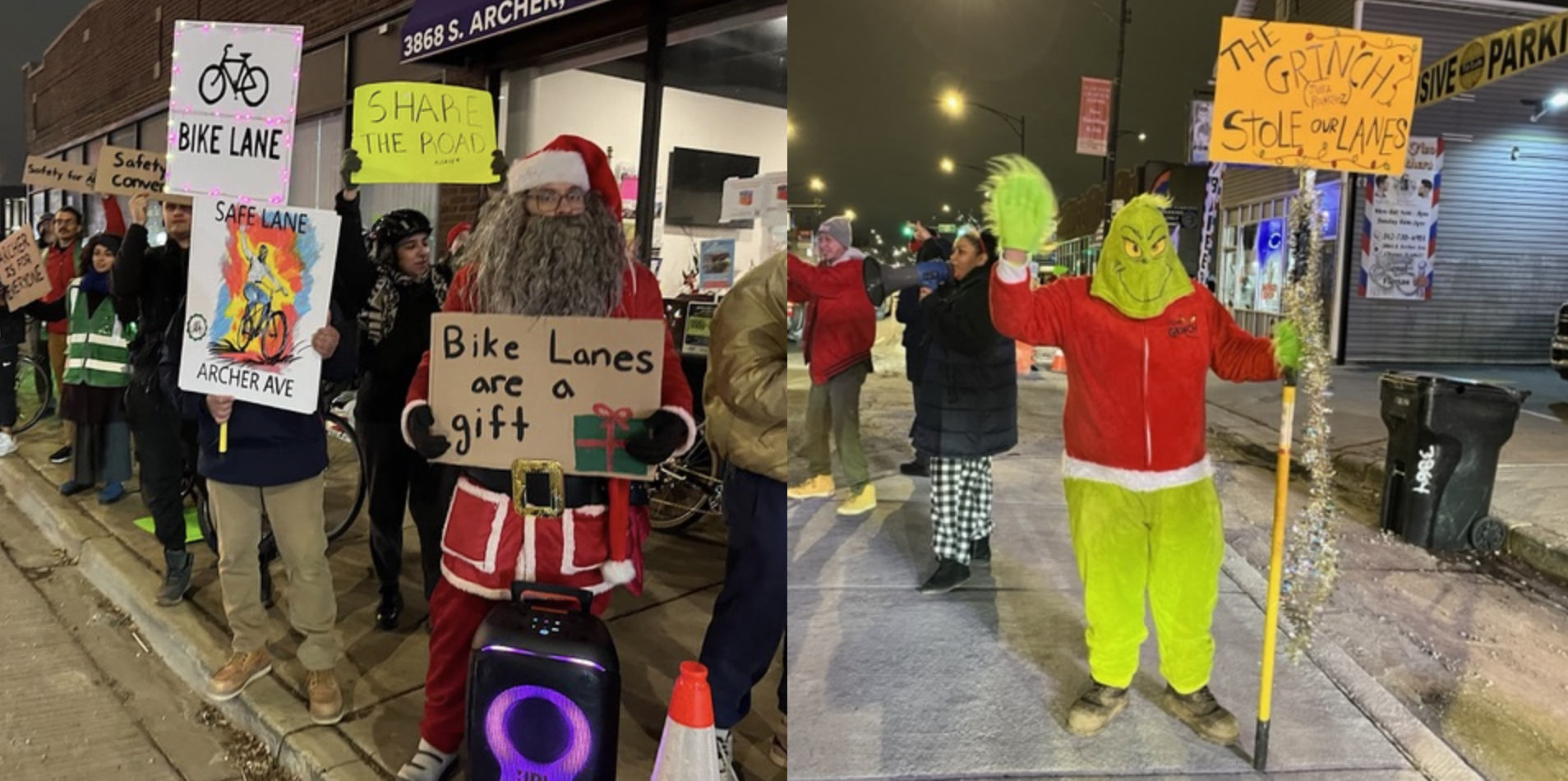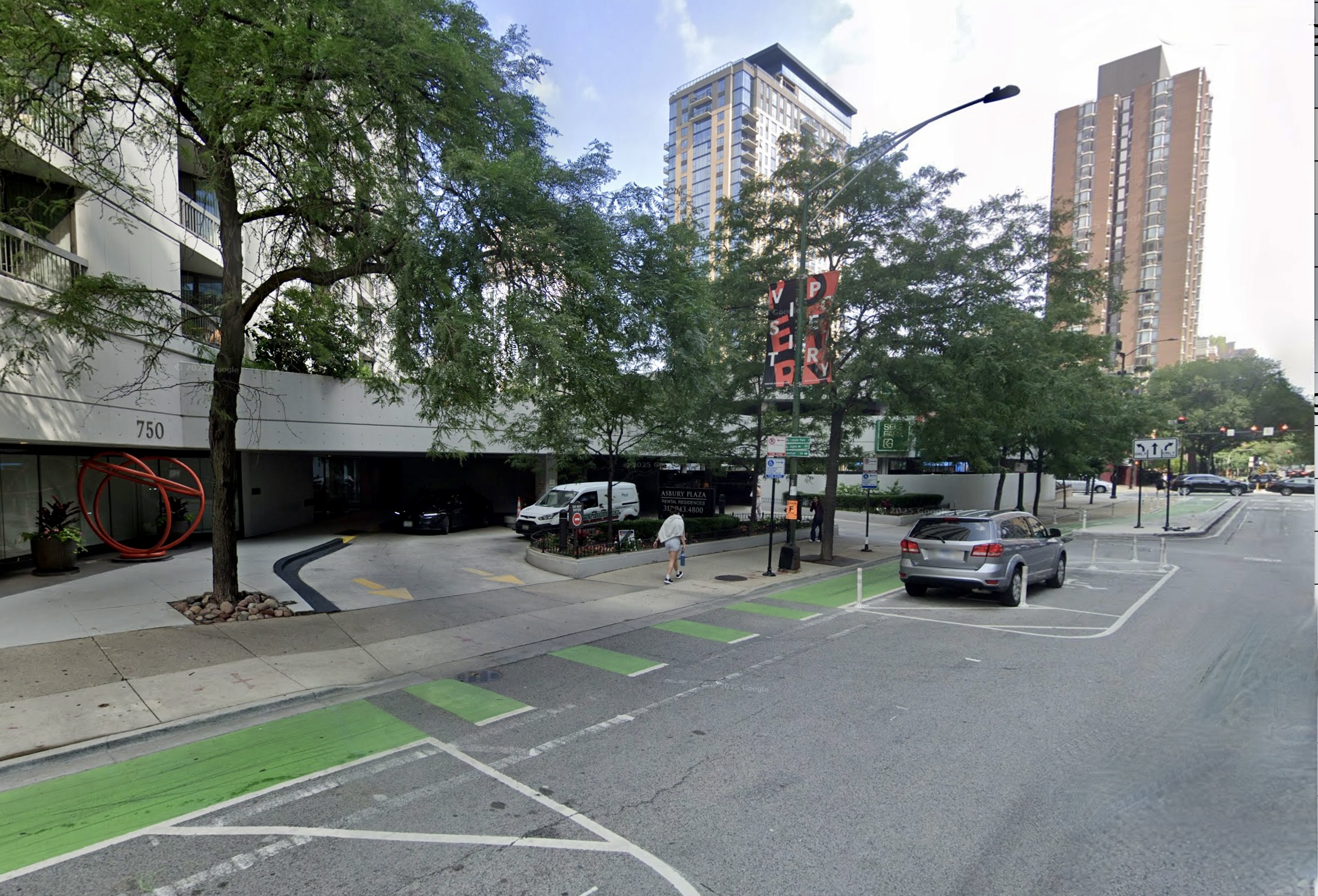9th Ward alderman Anthony Beale isn’t too fond of paying for pedestrian infrastructure in his Southeast Side district (activists in the Riverdale community area have been lobbying him to fund a sidewalk on 130th for years), but he sure likes complaining about red light cameras.
Beale, who chairs the City Council’s Transportation Committee, has been a leading critic of the red light cams, which a Northwestern University study released last week found resulted in a ten percent decrease in injury crashes. The study, commissioned by the city as part of various reforms to the program announced in 2015, also called for the relocation of some red lights and for the “grace period” after a light turns red to be extended from 0.1 seconds to 0.3 seconds. The city is moving forward with both of those recommendations, including moving cameras currently installed at six locations to five new intersections
But the Sun-Times recently reported that the alderman doesn’t feel those changes go far enough and wants more concessions. First of all, he told the paper that Mayor Emanuel needs to follow through with his election-year promise to install pedestrian countdown timers at all the red light intersections to warn drivers the light is about to turn. “They’re trying to put the countdown at each one of those intersections,” he said. “But it’s not totally done yet.”
Actually, that’s not the case, according to a statement released by the Chicago Department of Transportation earlier this week. “The city [has] completed the installation of pedestrian countdown timers at all intersections equipped with red light cameras,” it read.
CDOT Commissioner Rebecca Scheinfeld told the Sun-Times that tripling the grace period after the red light changes is likely to result in around 29 percent fewer tickets being issued. That’s the percentage of the 586, 415 drivers ticketed last year who entered the intersection between 0.1 and 0.3 seconds after the light turned red.
Still, Beale said he wasn’t impressed. “Is [extending the grace period] gonna have a big difference as far as the amount of tickets? I don’t think so.” He didn’t any particular reason why he believes CDOT’s numbers are wrong.
The alderman insisted that he won’t be satisfied with the reforms to the red light camera program until a federal study is conducted to determine the ideal yellow light duration for intersections with the cams, something he called for two years ago. “[That] is what we really were pushing — to have some national standards for the yellow,” he told the Sun-Times. He added that he won’t be happy until that study is completed and Chicago “abides by the national standard… That will help tremendously as far as the amount of [crashes] and red-light violations in the city.”
Some local red light camera critics, such as the Chicago Tribune’s David Kidwell, have argued that Chicago three-second yellow lights are “risky” and “too short” because some other cities have longer yellows. The thing is, it’s not like Chicago shortened its yellow lights after the cameras were installed in order to catch more violators and generate more revenue. Our city has had a three-second standard at its more than 3,000 stoplights for at least 30 years, possibly almost a century. It wasn’t until the cams were installed that we heard many arguments that the yellow timing is unsafe.
Beale is correct that there’s no federal standard for yellow light timing, and that wouldn’t necessarily be a bad idea. But there’s currently no national agreement on what that standard should be and there’s no indication that Chicago’s current yellow light timing is unsafe.
For example, Kidwell pointed to Maryland, where a law passed in 2004 requires 3.5-second yellow, as a best practice. But an official from the Baltimore transportation department acknowledged that the legislation was passed for political, rather than safety reasons.
You can Streetsblog Chicago’s full analysis of the yellow light issue here. But the bottom line is, Beale’s issue with Chicago’s signal timing isn’t due to a realistic concern about dangerous signal timing. It’s just another excuse to gripe about an effective safety program that he simply does not like.
It would be great if Beale spent less time fixating on automated enforcement, and more time getting sidewalks built in his ward so that constituents don't have to walk to the store in the mud.




